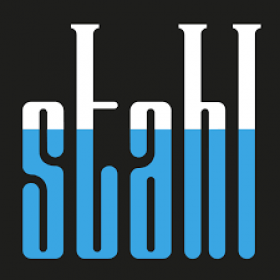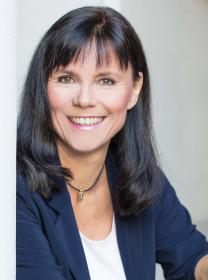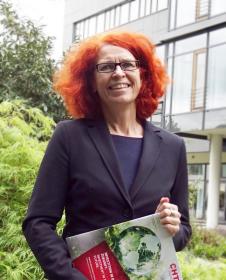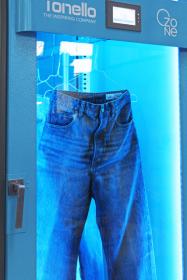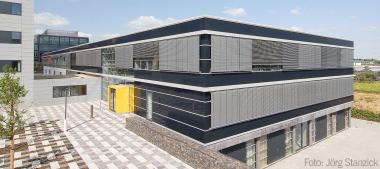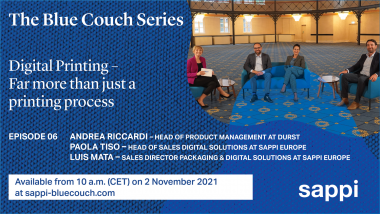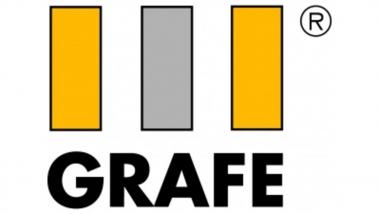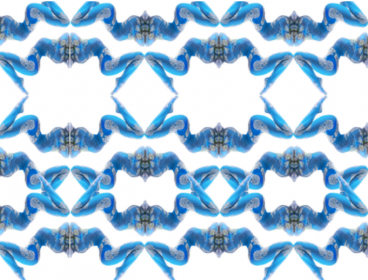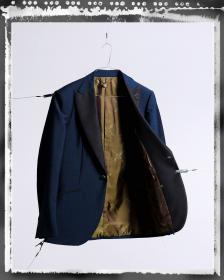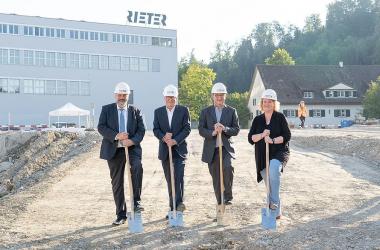Stahl achieves certification for its lifecycle assessment systems in partnership with Spin 360
Stahl, an active proponent of responsible chemistry, has taken an important step toward realizing its target of having lifecycle assessment (LCA) data for all strategic products by the end of 2023. By working closely together with Spin 360, a tech-enabled sustainability consultancy, Stahl has achieved certification of LCA data generation systems, allowing verifiable information to be collected for its products.
LCA is a methodology that measures the impact of any product on the environment over the course of its life. The LCA methodology can provide quantitative data in a format that permits comparisons to be made. The certification of LCA data generation systems is a foundational step to ensuring the accuracy and reliability of future LCA analyses.
Through close collaboration, Stahl and Spin 360 have implemented an Environmental Product Declaration (EPD) system – certified by Bureau Veritas – at Stahl’s site in Palazzolo, Italy. An EPD is an independently verified and registered document that communicates transparent and comparable information about the environment impact of products across their entire lifecycle. This implementation underlines Stahl’s commitment to enabling the sustainable development of its industry by driving accountability and transparency.
Michael Costello, Stahl Group ESG Director: “One of Stahl’s strategic ESG goals is to collect verifiable, high-quality LCA data for its products, thereby paving the way to lowering the environmental impact of the whole supply chain. This EPD system certification is an important achievement, and a key step in realizing this goal. Looking ahead, we’ll continue to work with our partners to enable our certified LCA data availability and shape a better industry.”
Federico Brugnoli, CEO of Spin 360: “We are very proud to have supported this complex process that will ensure the complete reliability of Stahl’s LCA data. Now we will look at the next steps in supporting Stahl, focusing environmental footprint reductions through science-based evolution of the industry. We’re confident that – together – we can ensure a better future for us all.”
Stahl Group Spin 360 LCA lifecycle assessment EPD Environmental Product Declaration
Stahl Holdings B.V.


